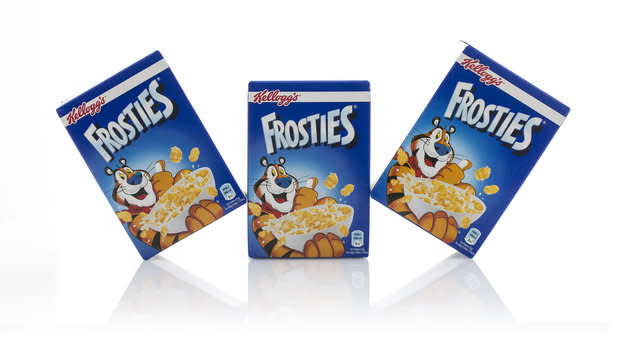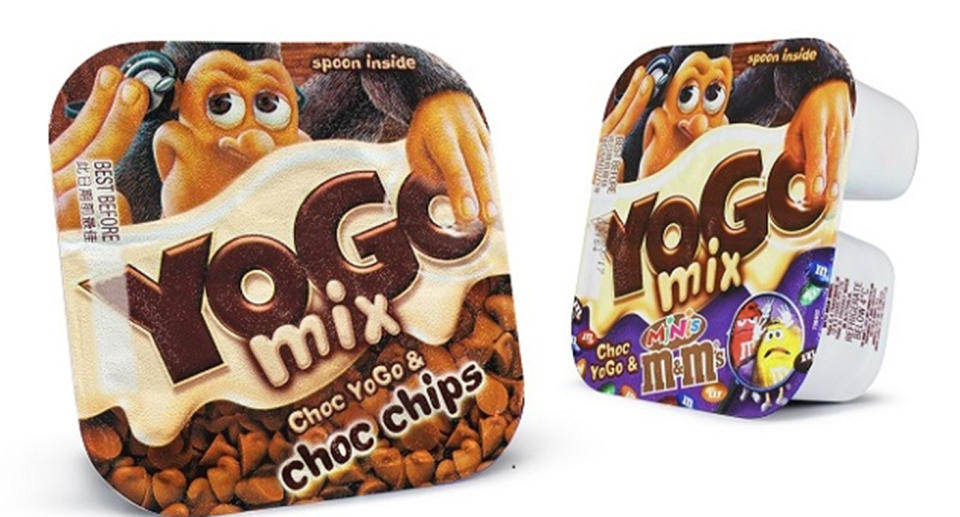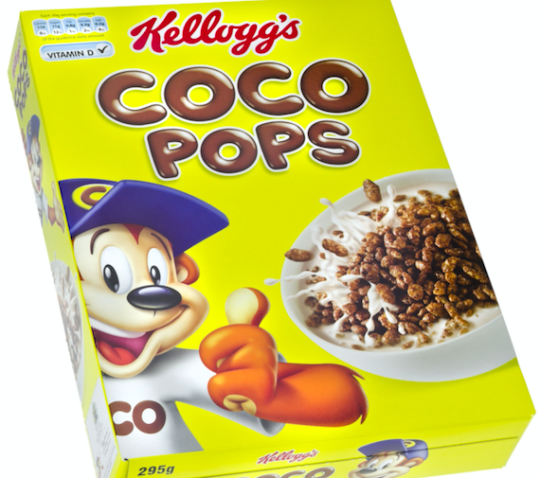Why cartoon characters may disappear from kids' food packaging
The YoGo gorilla, Coco Pops monkey and Frosties’ Tiger cartoon characters may disappear from popular kids’ food products in a push to curb the promotion of unhealthy products to children, an Obesity Policy Coalition (OPC) report found.
Children are easily lured by fun, colourful characters on food packaging, with many of those products containing large amounts of sugar, according to OPC Executive Manager Jane Martin.

Marketers were well aware children have a lot of power over parents’ shopping habits, and they know cartoon characters are a drawcard, she said.
Under the current Australian advertising standards, unhealthy foods and drinks must not be promoted to children, however packaging is not mentioned in the voluntary self-regulation guidelines.
“Advertising or Marketing Communication to Children for food or beverages must neither encourage nor promote an inactive lifestyle or unhealthy eating or drinking habits,” the Australian Association of National Advertisers code of ethics states.

“Our children don’t need special ‘kid’ products. Our children need real, nutritious, whole foods, in the same way that adults do,” Ms Martin said.
“The idea that children need specific ‘fun’ foods is nothing more than a marketing ploy to generate pester power in the supermarket.

“At a time when 27 per cent of children are above a healthy weight and tooth decay is the highest cause of acute, preventable hospital stays for Australian children, it’s shocking to see food marketers blatantly push these sugar-laden products onto kids.
At least five people shot dead after gunman storms US newsroom
Tattooed man still on the run 40 hours after body found in barrel
“This type of unhealthy food marketing is undermining efforts by parents, schools and communities to encourage healthy habits,” Ms Martin added.

The OPC, which is made up of Cancer Council Victoria, Diabetes Victoria, and Deakin University’s Global Obesity Centre and VicHealth, has responded to a Senate inquiry into Australia’s obesity epidemic. The inquiry will also examine evidence-based measures to prevent childhood obesity.
It wants to see a compulsory, strengthened Health Star Rating System that recognises sugar processed from fruit is still sugar, and rates products accordingly.
It is also calling for clear “added sugar” labelling on the packaging, which includes sugar from fruit pastes and concentrates, as well as a 20 per cent health levy placed on sugary drinks.
Submissions to the parliamentary inquiry into Australia’s obesity epidemic are open until July 6, with a report due 14 August.


